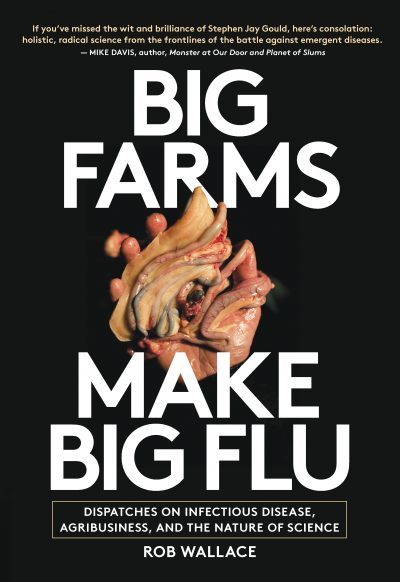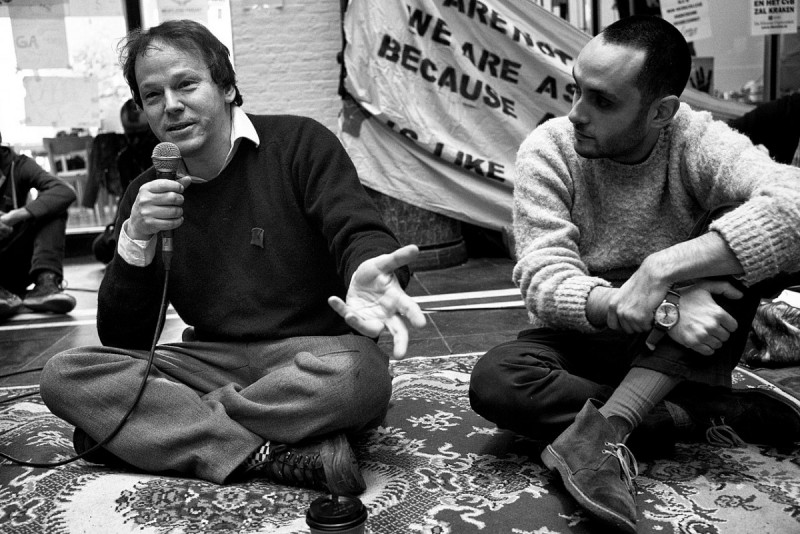Peace Through Weapons Sales to the UAE
If the American people really want to pursue peace in the Middle East, we must pressure Congress to make sure that the U.S.-UAE weapons sales deal does not go through.

"Less than a week after Trump announced the Abraham Accord on August 13, the story broke that Trump’s senior advisor and son-in-law Jared Kushner and National Security Council senior director for the Middle East Miguel Correa had been secretly pushing for the U.S. to sell F-35 stealth fighters, weaponized drones, and other advanced military equipment to the Emiratis," writes Gold. (Photo: U.S. Air Force/Madelyn Brown)
Next week, on September 15, Trump will host Israeli Prime Minister Benjamin Netanyahu and UAE Foreign Minister Sheikh Abdullah bin Zayed al-Nahyan for a ceremonial signing of the Israel-United Arab Emirates deal to normalize relations between the two countries. Termed the Abraham Accord, the deal has been condemned by many for failing to secure even a single concession for Palestinians. But shortly after the deal was announced, another downside—and perhaps the U.S.’s primary motivation for pursuing the deal—came sharply into focus: tens of billions of dollars in UAE weapons sales.
Less than a week after Trump announced the Abraham Accord on August 13, the story broke that Trump’s senior advisor and son-in-law Jared Kushner and National Security Council senior director for the Middle East Miguel Correa had been secretly pushing for the U.S. to sell F-35 stealth fighters, weaponized drones, and other advanced military equipment to the Emiratis. Anwar Gargash, the UAE’s minister of foreign affairs, said that his country had placed their request for the F-35 jets six years prior. He denied that the normalization deal was connected to his country finally being granted their request, but Trump administration officials later admitted that the deal had paved the way. On August 18, leading Israeli newspaper YNet News reported that the Abraham Accord included a "secret clause" wherein the UAE would get to buy billions of dollars in advanced U.S. military hardware.
Netanyahu, ever the prince of political drama, feigned outrage that the UAE might get to purchase F-35 stealth fighters from the U.S., thereby threatening Israel’s position as the most mighty armed air force in the Middle East.
Following Netanyahu bluster and claims that he hadn’t known about the arms sale, the deal between Israel and the UAE seemed to be on shaky ground. “Fake news,” Netanyahu cried when Yedioth Ahronoth, the New York Times and other outlets reported that the U.S.-UAE arms sale deal had been the driving force behind the Israel-UAE normalization deal and that Netanyahu had been in the know from the start. But then, after Netanyahu met with Secretary of State Pompeo in Jerusalem during the Republican National Convention, he came to heel and stopped all public complaining about the UAE getting to buy new U.S. arms.
Anyone who follows Middle East news knows what a shrewd politician Netanyahu is. So it should be of no surprise that Netanyahu has parlayed the very deal he agreed to, then lambasted and denied knowledge of, to his own country’s military advantage (as well as to the further advantage of U.S. weapons companies). On September 6, Yedioth Ahronoth reported that Netanyahu will be requesting additional U.S. weapons for Israel to offset the impact of the new U.S. weapons sales to the Emirates. These additional weapons will pile on top of the $3.8 billion the U.S. already gives Israel annually in military assistance (100% of which must be used for purchases from U.S. weapons manufacturers).
On September 7, Trump spoke out against the revolving door of U.S. weapons sales and endless wars. Pushing back against a report in the Atlantic that he had disparaged fallen U.S. soldiers as “suckers” and “losers,” he accused Pentagon leaders of wanting “to do nothing but fight wars so that all of those wonderful companies that make the bombs and make the planes and make everything else stay happy.” But Donald Trump himself is making these “wonderful companies” happy by cutting a deal for them to sell tens of billions in weapons to the Emirates, a country that is mired in the war in Libya and was, until recently, one of the leaders of the brutal war in Yemen.
It isn’t just the White House’s current arms-for-peace deal that contradicts Trump’s new claim that he is the white knight candidate who will finally put a damper on the military-industrial complex. Less than six months after taking office, Trump signed an agreement with Saudi Arabia—the main perpetrator of the war in Yemen—for $110 billion in immediate U.S. weapons sales and $350 billion in sales over the following 10 years. On April 16, 2019, Trump used his veto power to quash a bipartisan Congressional resolution that would have mostly ended American military involvement in the war in Yemen—a war that has killed thousands of civilians, created the worst humanitarian crisis on the planet, and helped companies like Raytheon, Boeing, and Lockheed Martin increase their already enormous piles of wealth. Not only did Trump continue U.S. involvement in the war in Yemen, but the following month, in May 2019, his administration used an emergency declaration to push through—without congressional approval—an $8.1 billion arms deal with Saudi Arabia, Jordan, and the UAE.
With Trump touting himself as the anti-war candidate, Fox News host Laura Ingraham said on her show, The Ingraham Angle: “If you want to rein in the Pentagon, Trump is your only option.” But the Pentagon budget has increased annually every year over the past five years. The fiscal year 2020 saw a colossal $738 billion for the Department of Defense, and for the fiscal year 2021, Trump is seeking a whopping $750 billion DoD budget.
Although the Abraham Accord to formally normalize relations between Israel and the UAE will be signed next week at the White House, the issue of U.S. weapons sales to the UAE isn’t yet set in stone. Such sales will require congressional approval and, according to congressional aides speaking with CNN, the relevant committees in Congress have yet to even be notified. If the American people really want to pursue peace in the Middle East and instead use our taxes to build up U.S. infrastructure, healthcare, education and address the climate crisis, then we must immediately pressure our Congressional representatives to make sure that the U.S.-UAE weapons sales deal does not go through.









 Fundamentally opposed to violence, Graeber advocated against traditional insurrectionary models for revolution and instead advocated for direct action, as an anarchist and long-time member of the Industrial Workers of the World.
Fundamentally opposed to violence, Graeber advocated against traditional insurrectionary models for revolution and instead advocated for direct action, as an anarchist and long-time member of the Industrial Workers of the World.


